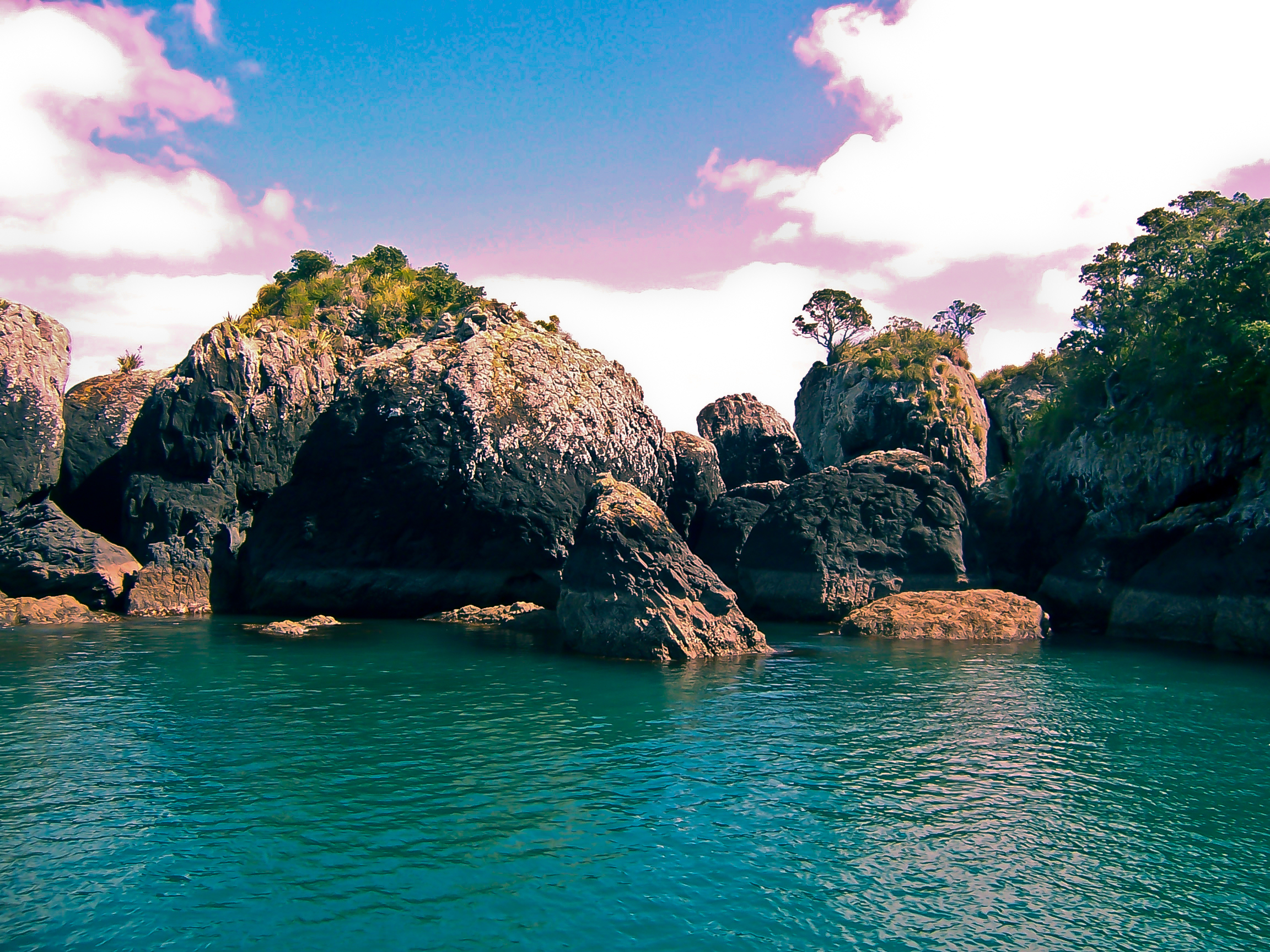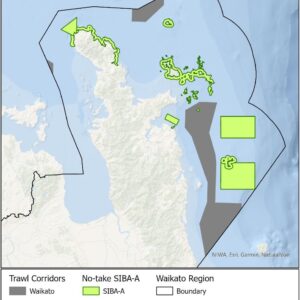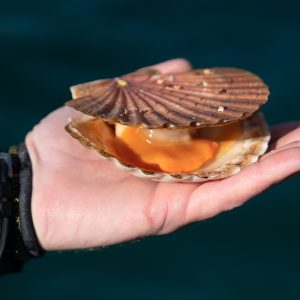Thousands of Waikato people objected to the Waikato Regional Council’s Coastal Plan that proposes no-take fishing areas within 12 miles of the coastline. Submitters had until Friday 22 July to have their say on the draft Plan.
In two days more than 2,700 people objected before submissions closed. The Council was seeking public views on a raft of proposals including using the Resource Management Act to ban people taking plants or animals from designated areas around the Coromandel Peninsula and the Waikato’s West Coast.
Fishing clubs on the west coast from Franklin down to Mokau, and from the Firth of Thames and Coromandel down to Waihi joined together to object to the proposals. The clubs and their representative organisation, the New Zealand Sport Fishing Council, have submitted a comprehensive response to the proposals.
“Our members are adamant that fishing activities in the marine environment need to be managed using the Fisheries Act, not the Resource Management Act. That’s because only the Fisheries Act has tools capable of restoring marine ecosystems by rebuilding fish numbers and diversity,” says Warren Maher, President of the Tairua-Pauanui Sports Fishing Club.
The clubs and the New Zealand Sport Fishing Council are urging the Regional Council to go with their proposed Option 1, which is to leave management of fishing to other legislation, namely the Fisheries Act.
“Out west we have seen the benefits of the growing snapper population since bottom trawling was pushed out off the coast. Those rules were effective because they were made, and are enforceable, under the Fisheries Act. What’s more, our members don’t want to be paying levies to two different entities to manage fishing,” says Ken Barry, President of the Raglan Sport Fishing Club.
Local fishing clubs worked with Ngāti Hei over the past two years to successfully implement a closure to all scallop harvesting on the east coast of the Coromandel.
“The ban on scallop dredging has proven to be very popular and was the right thing for the Minister of Oceans and Fisheries to do given the devastation caused by the Victorian Box Dredge over many years,” says Warren Maher.
There is a lot of support for the general thrust to enhance protection of the coastal environment, it is how that protection is delivered that is causing the most concern.
“We understand people are searching for a solution to the ongoing destruction of the seabed. We fully support a ban on trawling and dredging in coastal waters, and the Minister of Oceans and Fisheries has the powers to do that under the Fisheries Act.
“This process is just more evidence that Fisheries New Zealand and their predecessors have been asleep at the wheel while our seabed communities have been devastated through the use of inappropriate, damaging bulk harvesting fishing methods,” says Warren Maher, President of the Tairua-Pauanui Sports Fishing Club.





